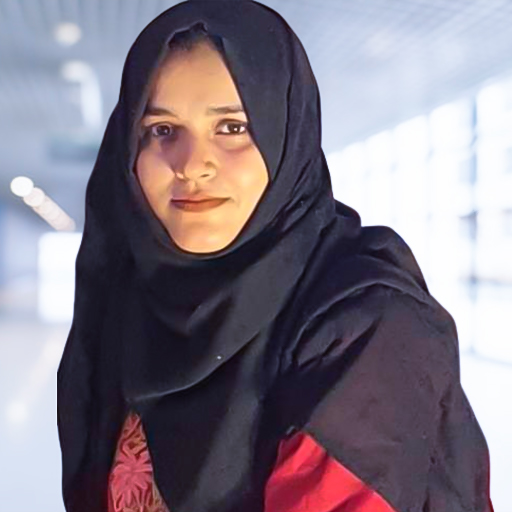1. Who is the best candidate for artificial disc replacement?
The ideal candidates for artificial disc replacement are individuals with degenerative disc disease, who experience radicular pain or neurological deficits due to a problematic disc. and who have not responded to conservative treatments like physical therapy or medication. They should also have no significant spinal instability or deformities, and they should be in overall good health without any contraindications for surgery. Additionally, candidates should have realistic expectations to tolerate surgery well and be motivated to participate in post-operative rehabilitation.
2. Who are the best doctors for ADR?
The top renowned doctors for artificial disc replacement surgery
In India
In the United Arab Emirates
In Turkey
In the United Kingdom
3. How long does the surgery take?
The duration of Artificial Disc Replacement (ADR) surgery ranges from 1 to 3 hours, depending on the complexity of the procedure and the number of discs being replaced. It may require a shorter or longer duration based on individual patient factors and any additional concurrent procedures.
4. What are the Pros and Cons of artificial disc replacement?
The benefits of ADRS are:
- In Preserving spinal motion: Artificial disc replacement allows for continued movement at the treated spinal segment, maintaining flexibility and reducing the risk of adjacent segment degeneration.
- Reducing the risk of adjacent segment disease: Unlike fusion surgery, which may increase stress on neighboring discs, ADR helps distribute forces more naturally, potentially lowering the risk of degeneration in adjacent discs.
- Quicker return to activity: Patients may experience a faster recovery and return to daily activities compared to traditional fusion surgery.
- Potential for fewer long-term complications: With motion preservation and reduced stress on adjacent discs, artificial disc replacement may lead to fewer long-term complications.
Cons of ADR are
- Artificial disc replacement may not be suitable for all patients due to the unavailability of some healthcare centers.
- The procedure can be more expensive than traditional fusion surgery, potentially posing a financial challenge for some patients.
- Complications such as device wear, migration, or breakage can occur, requiring additional surgical intervention.
5. Which country is best for artificial disc replacement?
The United States, Germany, and Switzerland are top destinations for artificial disc replacement surgeries, these countries are famous for advanced medical technology and experienced surgeons in spinal procedures such as the. However, it’s essential to consult with a healthcare professional to determine the best option based on individual needs and preferences.
6. Is ADR surgery suitable for all cases of vertebral disc degeneration?
ADR surgery may not be suitable for all cases of vertebral disc degeneration. It is recommended for patients with specific criteria such as single-level disc degeneration, absence of severe osteoporosis, and no significant facet joint disease. Each situation is evaluated individually to determine the most appropriate treatment approach.
7. What is the duration of hospitalization for ADR surgery?
Patients undergoing ADR surgery are hospitalized for 1 to 3 days. This duration may vary based on individual patient factors and the complexity of the surgery. Hospital staff closely monitor patients post-operatively to manage complications and ensure a smooth recovery before discharge.
8. Are there any risks involved or possible complications post-ADR?
Yes, like any other surgery, ADR surgery carries some kind of risks and complications. These may include infection, bleeding, nerve injury, implant failure, and adverse reactions to anesthesia. Patients need to discuss these risks or concerns with their surgeons and follow post-operative instructions carefully to minimize complications.
9. What Precautions are needed after ADR
After undergoing ADR surgery, patients should adhere to certain precautions to facilitate proper healing and minimize risks. These precautions include:
- Avoiding heavy lifting or strenuous activities.
- Maintaining proper posture.
- Following prescribed activity restrictions.
- Attending follow-up appointments with healthcare providers
- Adhering to any recommended medication or physical therapy regimens
- Patients need to communicate any concerns or changes in symptoms to their medical team promptly for appropriate management.
10. what is the role of the rehabilitation in ADR?
Following artificial disc replacement (ADR), rehabilitation is crucial to a faster recovery and better mobility for the spine. It entails personalized exercise programs, physical therapy sessions, and guidance on proper posture and movement techniques. Rehabilitation aims to strengthen the muscles surrounding the spine, enhance flexibility, and help you heal well post surgery, you can get back to your normal activities comfortably.
11. What is the duration of recovery?
The average recovery period following ADR (Artificial Disc Replacement) is usually 3 to 5 weeks, although it depends on individual factors such as overall health and the extent of the surgery. Generally, patients can expect to return to their normal activities gradually over several weeks to months. It’s important to follow your surgeon’s recommendations for post-operative care and rehabilitation to ensure a smooth recovery process.

